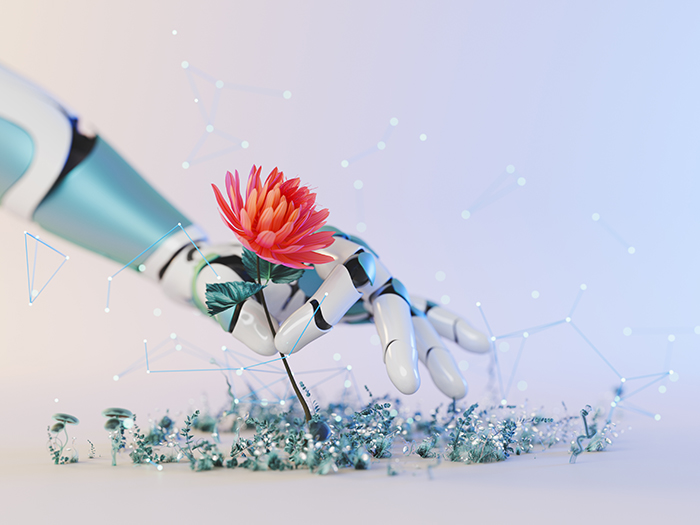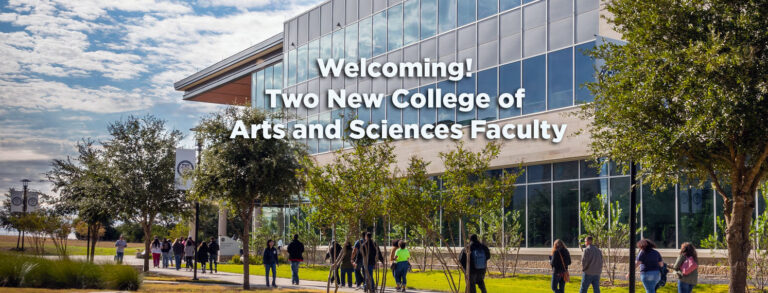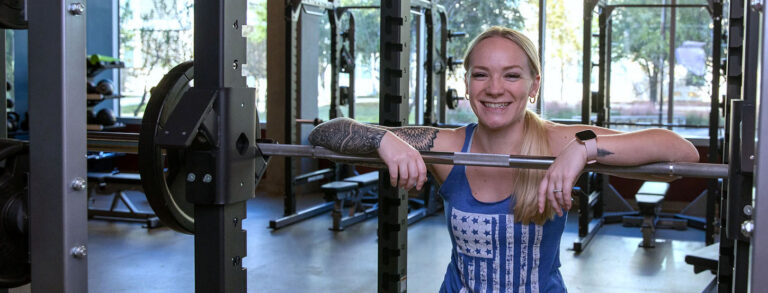AI Workplaces and the Skills that Support Them

Artificial Intelligence continues to transform our society, and it promises to do so even more as it keeps improving. Some of those developments give us reasons to be ever more optimistic. As an aging adult I love that AI is improving health care through early diagnosis and personalized treatments. As the parent of a child with a life-shortening chronic disease, I am thrilled to learn how AI is finding solutions to ailments that have ended too many lives too early. I also welcome how AI-driven automation helps us combat global issues like climate change by more precisely monitoring environmental changes and optimizing energy use. AI leads to good things.
AI leads to less welcome things, too. For many, one of those results arises when they think about an AI-supported workplace. Even cautious estimates predict wide-spread changes in the workforce. We read how jobs are disappearing. We experience their disappearance. We are coming to understand that any job that relies on routine and repetitive tasks is suddenly at risk. Entry-level positions for paralegals and proofreaders, for example, are likely to vanish. So, too, are positions for early career data entry clerks, bank tellers and cashiers, customer service and clerical agents, payroll and bookkeeping, and many other positions that have long existed. The suspected impact is broad enough that is hard to process without feeling some anxiety.
The good news is that the same forecasts predict that AI will create new jobs even as it eliminates others. The workforce will very much need humans who can work alongside AI. Workers will just need to become skills-focused, which changes how we approach higher-education. Most traditional majors may no longer bear a one-to-one correspondence to a specific career field or profession. These majors will continue to give students skills and experiences that employers will want employees to have. These employers will look for those with the skills that can complement AI and collaborate with humans working alongside them. What this means for me is that today’s students need to be more mindful than ever about the skills they are developing during their education. Academic programs need to be more explicit than they have sometimes been about how the work they do in the classroom translates to an AI supported workplace.
As Dean of the College of Arts and Sciences at Texas A&M University–Central Texas, I have begun talking with the program leaders in the sciences and mathematics, the social sciences, and the humanities about this need. Each of these areas delivers invaluable skills. We just need to do a better job communicating that.
The sciences, for instance, do more than just prepare professionals to develop and refine the models AI uses. The sciences also equip specialists with the skills they need to make sense of the information those models give us. AI-supported industries will need working scientists with the deep domain expertise who can certify that AI outputs are technically accurate and responding to real-world issues. Employers will need professional scientists who can use their skills in critical thinking, data literacy, and effective analysis to ensure that our technologies meet this demand.
Employers will need social scientists, too. The social sciences train individuals to evaluate evidence, recognize patterns in complex systems, and to consider the broader contexts in which we live our lives. Such considerations help us safeguard the technologies we adopt so that they align with human needs and shared social values. Employers in public health, criminal justice, urban planning, business, and education will be looking for social scientists that can help their organizations interpret data, inform policy, and evaluate outcomes. Most generally, society will need professionals who remind us that nothing exists in a vacuum—all parts of society interact with a variety of cultures and power structures.
The skills the humanities develop will be just as essential to tomorrow’s working professionals. Automation has limits. It carries bias. It ignores some very important voices and perspectives. All of this is already being reported. It is also being reported that corporations and governments are still grappling with how to respond to those limits. Employers will increasingly demand people who can ask the right questions about these issues, interpret complex social contexts, and navigate ethical dilemmas—areas where graduates in the humanities shine. Organizations will prioritize hiring individuals who can recognize bias, respond to it, and develop stories that bridge gaps between the tools we have and the world we aspire to bring into being. The skills the humanities deliver do these things.
Over the summer I was at a baseball game in Amarillo. I was standing in line for a hotdog when I overheard a father telling his friend that he is pushing his daughter to choose a major that provides a job that will exist when she graduates. The friend listening gave a nervous laugh before saying, “I hope I have a job when she graduates.” I decided to enter the conversation. I told them what I did and shared some of what I have been describing. I tried to inject some optimism into the conversation by saying that the AI workplace will need human skills even as it automates tasks humans have long been doing. Humans will just need to be more creative, more adaptable, more resilient, and more open to continuous learning.
I am not sure my comments made anyone feel better in the hot dog line. I am hoping what I am sharing here gives us some confidence for how to approach the world opening before us. I think we have reason to be confident, especially if we can focus on the skills that make us human and value each of us has to offer one another.
by Dr. Allen Redmon
Dean, College of Arts and Sciences





